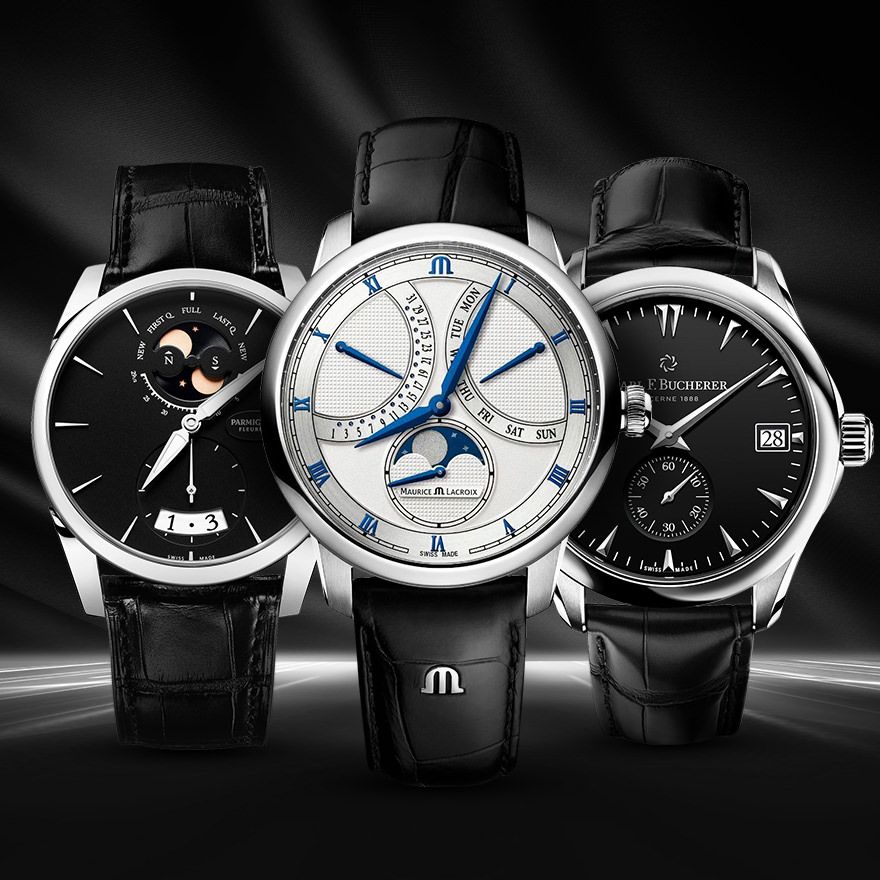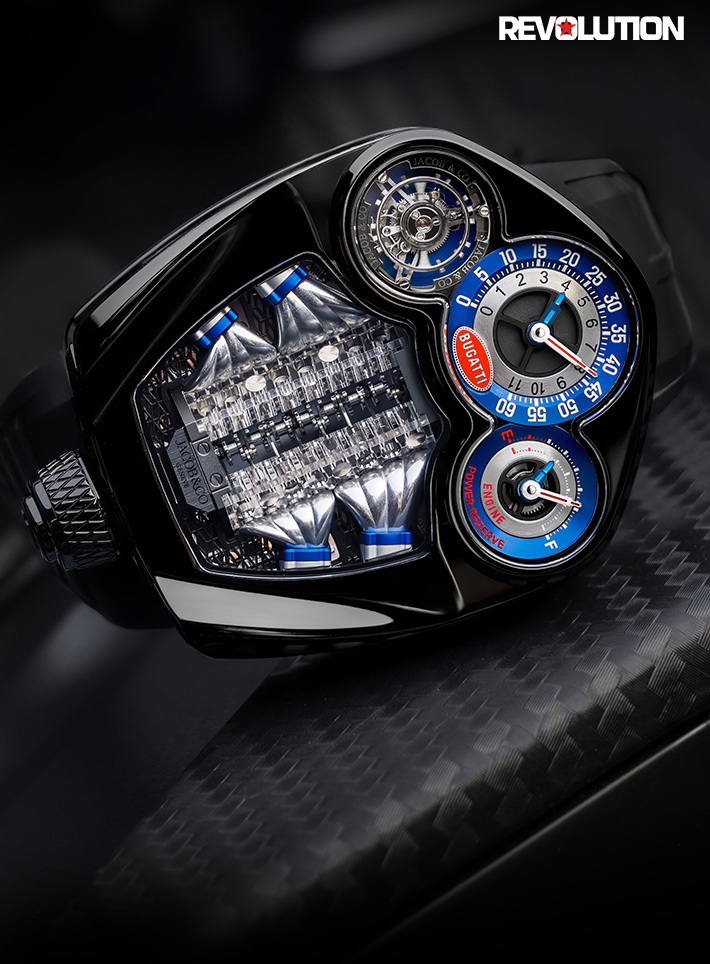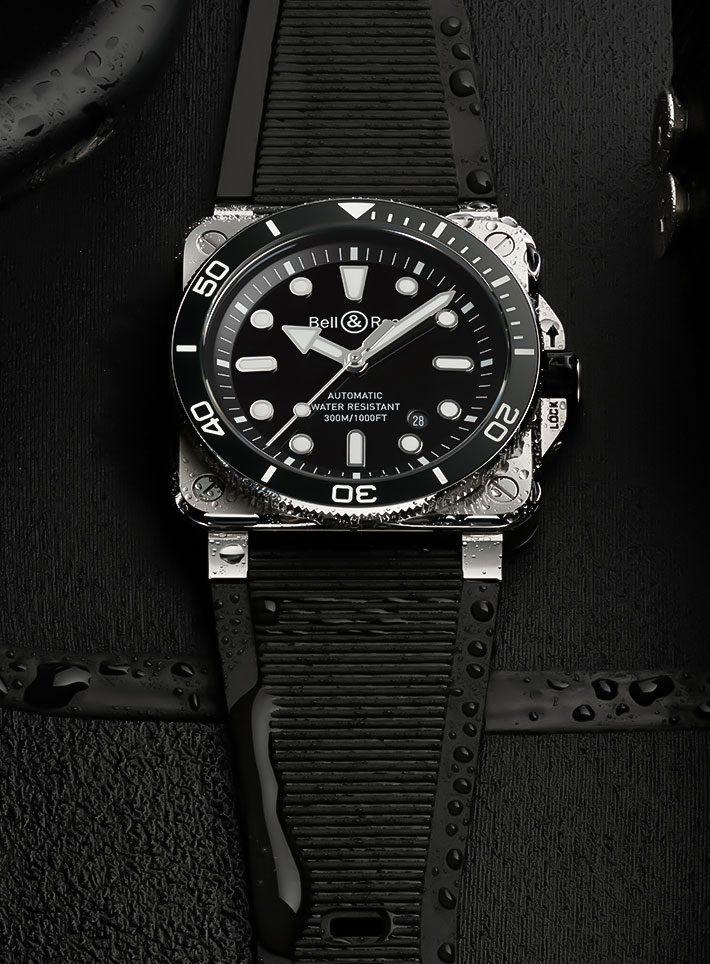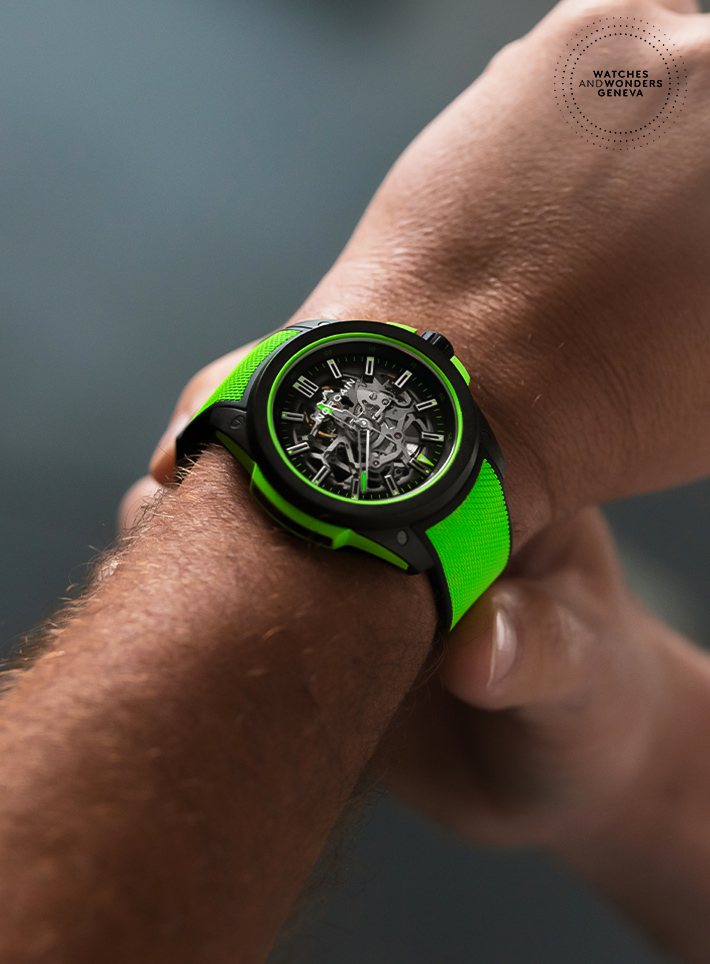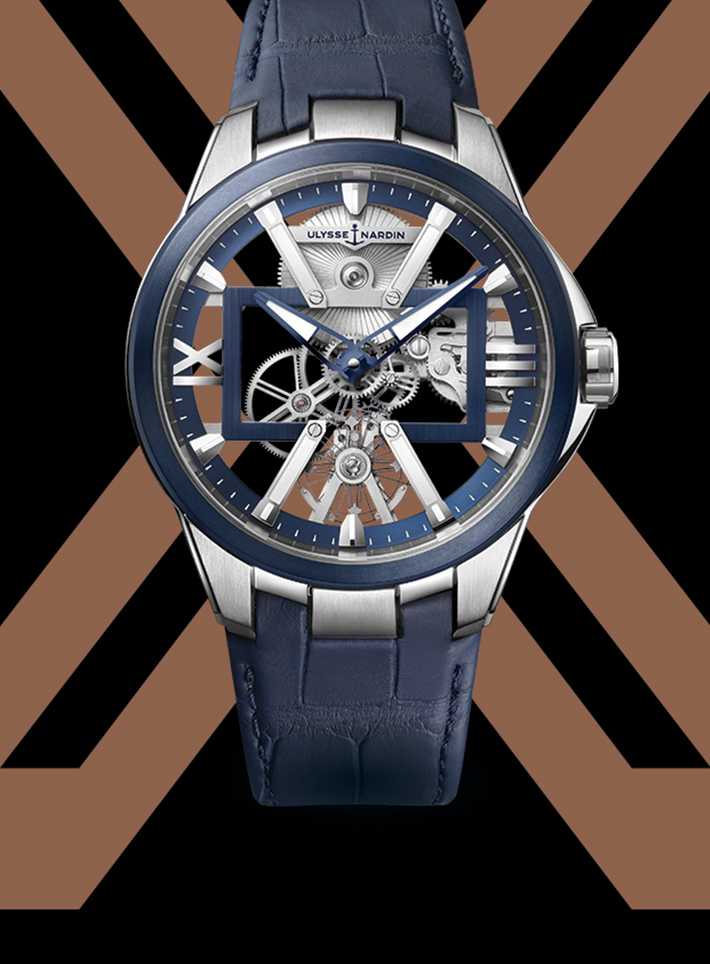SpotlightStarry-Eyed Surprise: Omega’s Constellation Collection Introduces Colourful Meteorite Dials
Omega’s famed Constellation range now features exquisite meteorite dials carved from a spatial rock, which is over 4.5bn years old; now available in different hues and four different sizes
May We Recommend
The horological universe is a star-studded realm. It thrives on complications—the main attractions being timepieces with complex mechanisms (at least in the watchmaking world, it doesn’t carry a negative connotation); here it’s welcomed with open arms. But the complexity is not just restricted to movement design… It transcends boundaries to even reflect on the dials, taking many forms. Of course there’s the evergreen skeletonised dial, which allows one to view the inner workings of the powerhouse ticking inside but here we want to make a case for complexity—solely based on aesthetics. Think, bringing a slice of the galaxy on your wrist? Sounds enticing, right? Well, some brands have made this dream a reality by incorporating meteorites in their watch dials.

An out-of-this-world idea, watchmakers have been doing this in different ways—by using a piece of the rock or sometimes just carving the entire dial out of a solid chunk of this celestial mass. And Omega’s new offerings knock it out of the park by doing justice to this spatial material. The Swiss luxury player has created resplendent meteorite dials for their Constellation models—a befitting tribute to the celestial world.

Launched in 1952, the Constellation collection has become a star attraction for watch lovers all across the globe, and is synonymous with precision timekeeping and technological innovations. Back then, when it arrived on the market, it was the first time that a watch company had dedicated only certified chronometers to a family of watches. These watches were extremely accurate and carried the observatory symbol on the caseback—a distinguishing feature of the Constellations models. The medallion was created with a design reminiscent of the Geneva Observatory, while the eight stars represented two world records of 1933 and 1936, and the six ‘wristwatch-sized’ contests won between 1945 and 1952. The collection is also known for the famous ‘pie-pan’ dial and the characteristic ‘claw’ bezel, and has undergone continuous innovation to embrace the industry’s highest standard of precision and performance. The new models with meteorite dials shine the spotlight on Omega’s craftsmanship and technical supremacy, along with giving the models a makeover that one cannot resist. Here are more details on the new watches.
More The Merrier—One Gets To Choose From 20 Models In Various Sizes
For a collection that’s been inspired by the precise movement of the stars, the new meteorite dials perfectly complement the theme with their stellar designs. Here, no two dials are the same because the meteorite is a naturally-occurring rock, so the natural pattern achieved after cutting and treating this material is also unique, thereby giving the wearers a one-of-a-kind offering.
For these dials, Omega have chosen the Muonionalusta meteorite—which at over 4.5bn years old, is probably the oldest known meteorite on Earth. The brand have incorporated this under four different sizes: 41mm and 29mm (automatic); 28mm and 25mm (quartz). Each size has five different versions, including one watch in Moonshine gold and one in Sedna gold under each category; thereby totalling 20 timepieces—making one clearly spoilt for choice!
These magnificent dials are formed from a genuine piece of iron meteorite, which is given a galvanic colour treatment—an advanced technology—resulting in different hues for the various references. Thanks to Omega’s mastery of new materials that the brand is able to achieve this with aplomb by employing advanced technologies to produce these rock-solid watches that are high on design, aesthetics, and innovation.
Here’s a glimpse at the four models:
41mm co-axial master chronometer
This includes a stainless-steel model with a black ceramic bezel. The meteorite dial has been given a rhodium-grey galvanic colour treatment, and contrasting hands, indexes, and Constellation star with a black PVD treatment. All versions feature a rectangular date window at six o’clock and are driven by the co-axial master chronometer calibre 8900, certified by the Swiss Federal Institute of Metrology (METAS), guaranteeing the highest standards of precision, performance, and magnetic resistance.

29mm co-axial master chronometer
This includes a bi-colour model crafted from stainless-steel and 18-karat yellow gold. For this version, the meteorite dial has been enhanced by a PVD Moonshine gold colour treatment, delivering a resplendent canvas that is complemented by diamond hour markers and a diamond-paved bezel. This impressive watch is powered by the co-axial master chronometer calibre 8700, for long-lasting precision, thanks to the silicon balance spring, making the watch resistant to magnetic fields reaching 15,000 gauss.

28mm quartz
This category includes a model in stainless steel and 18-karat Sedna gold. The meteorite dial has been given an icy blue colour treatment and is adorned with diamond hour markers, while a stamped Constellation Observatory medallion features on the caseback—the signature hallmark of a Constellation timepiece.

25mm quartz
Perfect for those who prefer petite timepieces, this range features a bi-colour model in stainless steel and 18-karat Sedna gold. Along with a Constellation Observatory medallion on the caseback, there are diamonds on the signature ‘claw’ bezel and hour markers, placed on the textured meteorite dial in different hues—making it truly a luxe offering.

